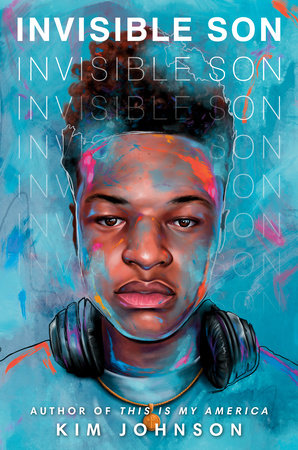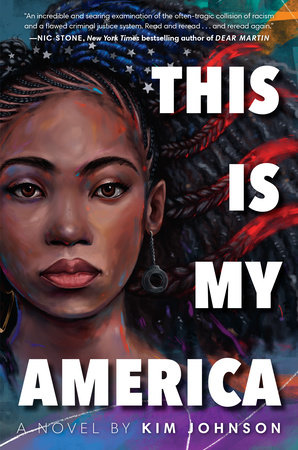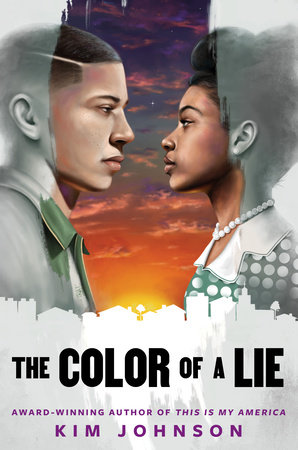On Justice for Black Boyhood
by Kim Johnson
One of my most cherished moments is witnessing my usually reserved 16-year-old son, who carefully observes the world around him, suddenly break into a bright smile followed by uncontrollable fits of laughter. It reminds me of his younger years when he would be silly, joke around, and make funny faces. Over the years, through the pandemic and after, he’s become quieter, more attuned to his surroundings, striving to understand his place and identity in the world.
In 2020, we all experienced some aspect of loss. Losses big and small. Losses even from our routine of a hug or a handshake. Spending time with the people we care about most. Growing with peers. And with the loss, we were left with fear and uncertainty. So many of us just wanted to get through it. To survive. No time for reflection or process, just desperately begging for those days to be over. And as a parent, I now think about what effect this had on the kids we pushed to move through it.
Coming-of-age stories have always captivated me because they resonate with the universal experience of self-discovery and personal growth, which I am still navigating myself. Books, especially those that provide representation, offer readers incredible opportunities to explore their interests and passions.
The inspiration for my first published novel came from a powerful moment — a spark ignited by the Black Lives Matter movement in 2014 — when my son, at the age of six, witnessed footage of Eric Garner on CNN. He was utterly shocked, saying, “He can’t breathe! Why are they holding him down?” A week later, while we were at the grocery store, my son suddenly burst into tears. When he finally gathered himself, he shared his fears about what would happen if the police approached me while he was crying, fearing that if I were ever restrained, my asthma would leave me unable to breathe. At that moment, my son’s innocent joy of Black boyhood was pierced by the harsh reality that safety is not guaranteed for everyone. This message resonated deeply within me, and it only intensified with the news cycle on repeat with Trayvon Martin and Tamir Rice.
As Black parents, we have ongoing conversations with our son about how to stay safe, providing him with what we hope will be some layer of protection. But then we’re left with reminders that it may never be enough. Incidents like the one that involved a young Black boy, Ralph Yarl, knocking on the wrong door to pick up his siblings only to be shot within seconds. Thankfully, he survived.
All of these experiences are precisely why writing about Black boyhood in Invisible Son, much like what Invisible Man or Native Son meant for those time periods, holds such immense significance for me to place in a time capsule of reflection of 2020.
I approach my work through a lens of justice, crafting a narrative that revolves around Andre Jackson, a young man who has been wrongly accused and returns from juvenile detention at the onset of the pandemic. Through Andre’s story, readers are exposed to his tenderness, his aspirations to create a future that would make his family proud, his love for swimming and music, and his evolution as he fights to reclaim his name and protect his friends.
I have five Black nephews and a 16-year-old son. I desire for my boys and for Black boys everywhere to see themselves fully reflected in literature, to have their entire essence acknowledged and celebrated. I yearn for others to perceive them as they would any other boy — worthy of love, joy, and laughter. By sharing contemporary stories with an edge of agency through seeking justice, I aim to bridge the gap between understanding and acceptance, fostering a world where Black boys can thrive and be cherished for the incredible individuals they are. With Invisible Son, I provide a space for reflection and processing, and a voice for many who feel silenced and unseen.



